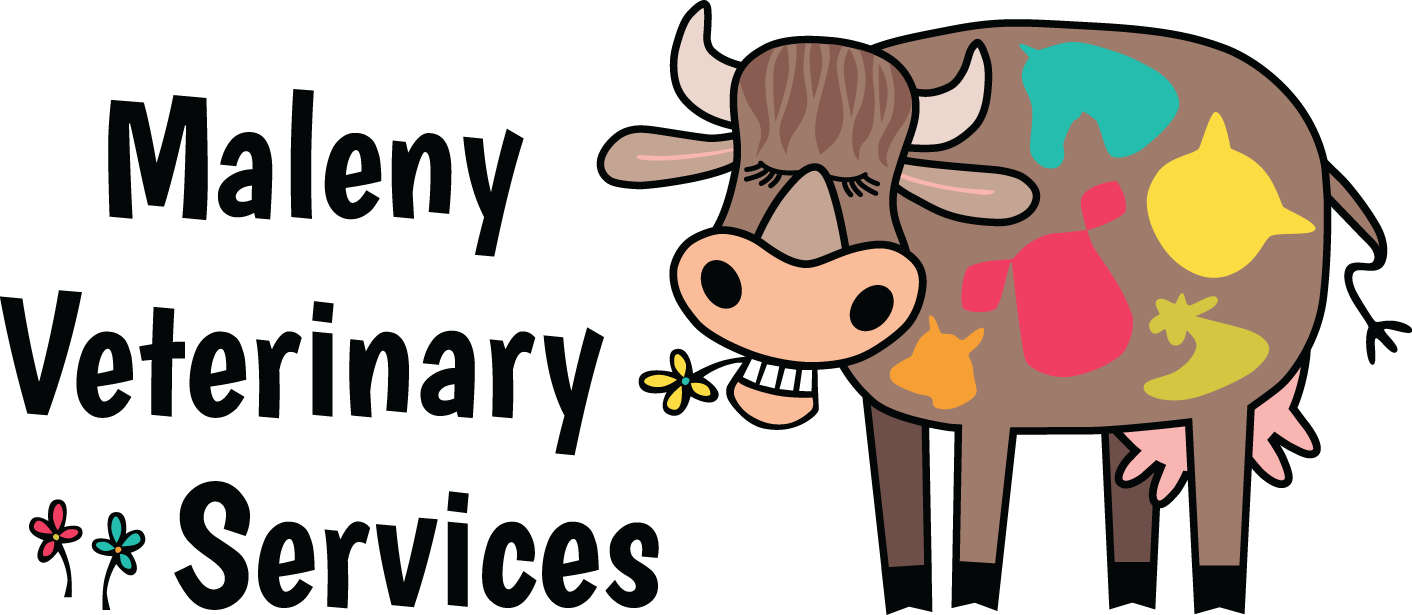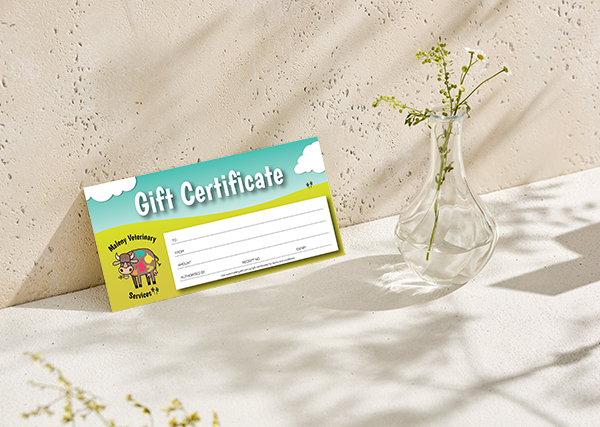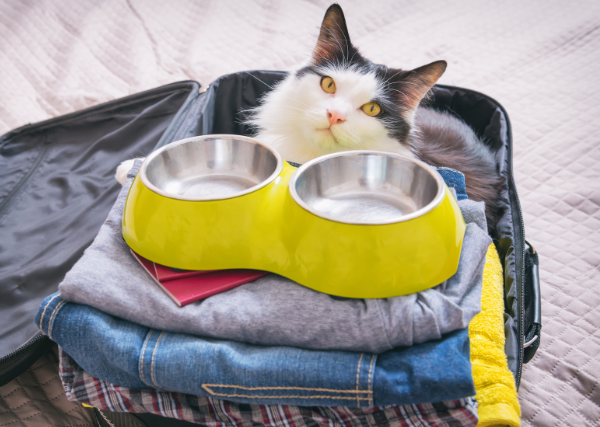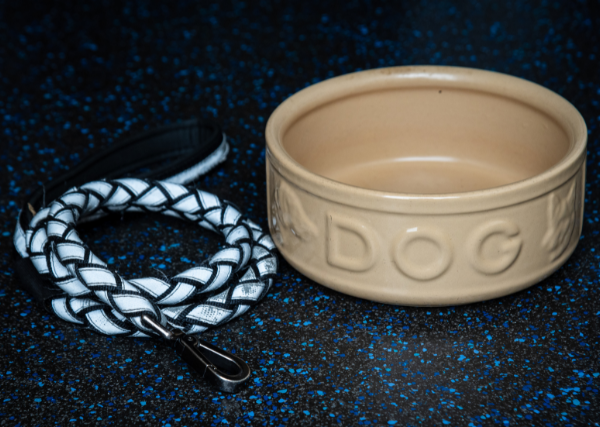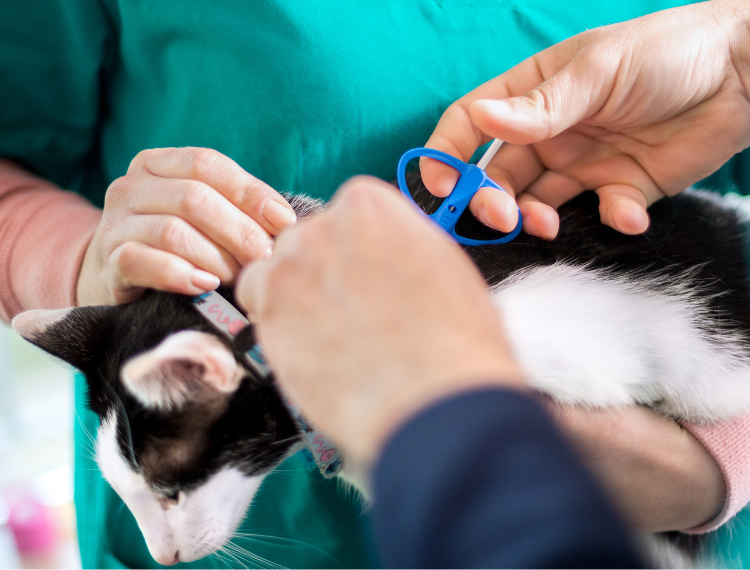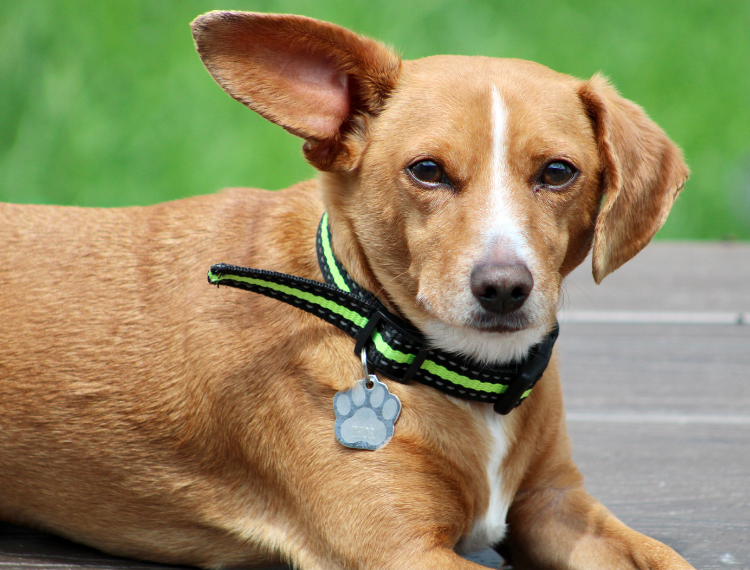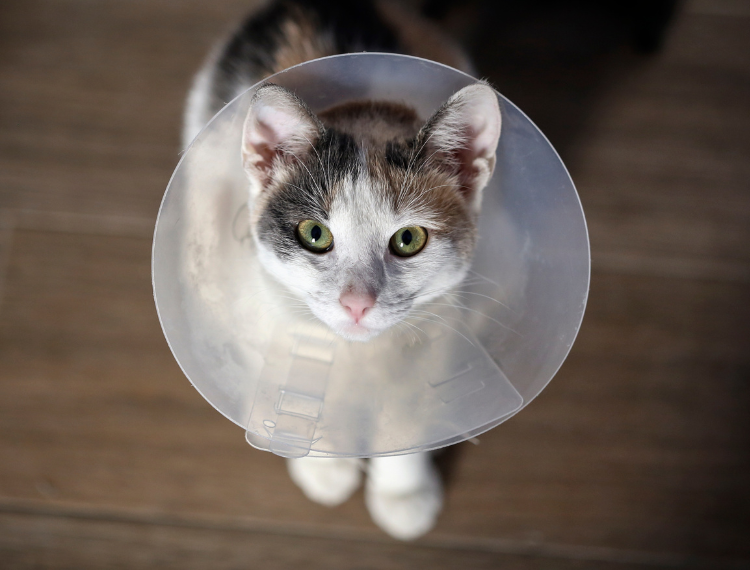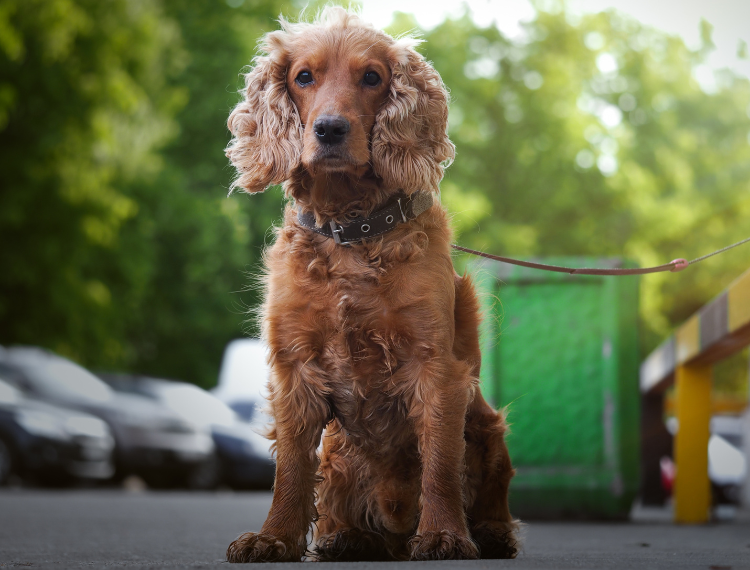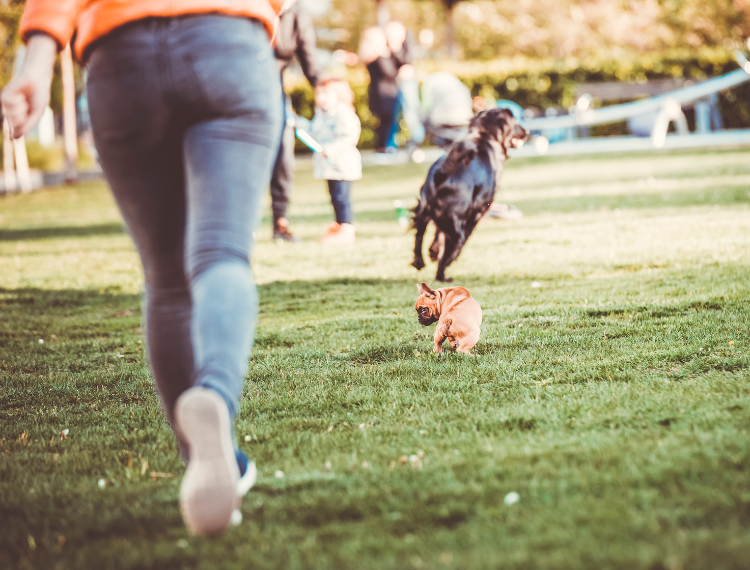Maleny Vet Gift Certificates are a fabulous present for the animal-mad person (or beloved animal) in your life! Our Gift Certificates are not limited to particular products or services so can be used towards grooming, merchandise (food, toys etc) or any of our professional health care services.
Being valid for three years from the date of issue, they also provide the recipient some scope to hold onto for emergencies, if ever money becomes a little tight down the road.
Please read the terms and conditions below before purchasing.
Terms and Conditions
1. Validity period
Gift Certificates are valid for use within 3 years from the date of issue.
2. Redemption
Gift Certificates may be redeemed for any product or service offered By Maleny Veterinary Services, at the prevailing price at the time of redemption. Gift Certificates are valid for a single transaction only and must be presented at the practice at the time of service/purchase. Where the transaction amount is greater than the Gift Certificate’s value, alternative payment will be required to make-up the difference.
3. Non-refundable
Gift Certificates are not refundable and cannot be returned or redeemed for cash. No refunds will be provided for any unused portion of a Gift Certificate’s value.
4. Non-transferable
The transfer or resale of Gift Certificates is strictly prohibited.
5. Lost or stolen gift certificates
Maleny Veterinary Services is not responsible for lost, stolen or destroyed Gift Certificates, nor those used without permission. Replacement of lost or stolen Gift Certificates is not possible. For these reasons, please safeguard Gift Certificates as you would cash.
6. Remaining balance
Any unused balance after 3 years will not be returned or credited. If the purchase value exceeds the amount of the Gift Certificate, the remaining balance must covered by an alternative payment method.
7. Exclusions
Gift Certificates cannot be used to purchase more Gift Certificates.
8. Cancellation
Maleny Veterinary Services reserves the right to cancel Gift Certificates due to circumstances beyond our control, or if we believe a Gift Certificate was obtained fraudulently. We also reserve the right to cancel Gifts Certificate for any misuse or violation of these Terms and Conditions. In the event of a business closure or transition, outstanding Gift Certificates may be subject to cancellation.
9. Modification of terms
Maleny Veterinary Services reserves the right to alter these Terms and Conditions with immediate effect and without prior notice. Please review this web page regularly as the Terms and Conditions may be revised without direct notification to holders.
10. Customer support
Please contact our Practice Manager at info@malenyvet.com.au for any clarifications or issues regarding Gift Certificates.
